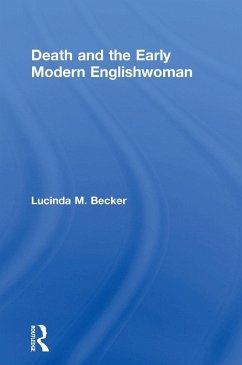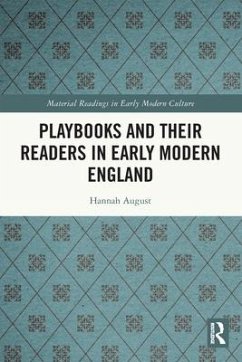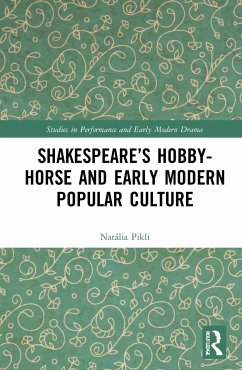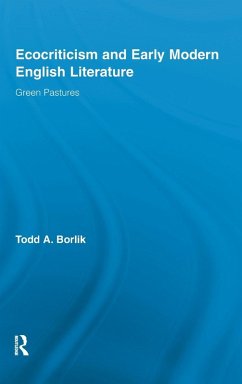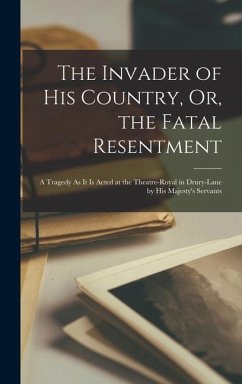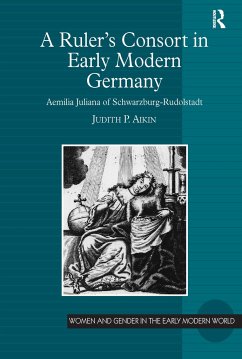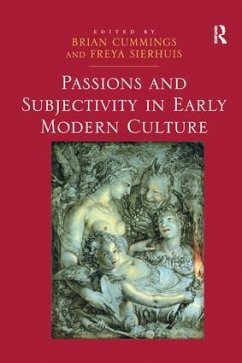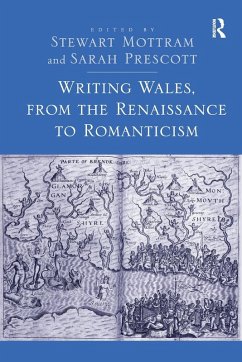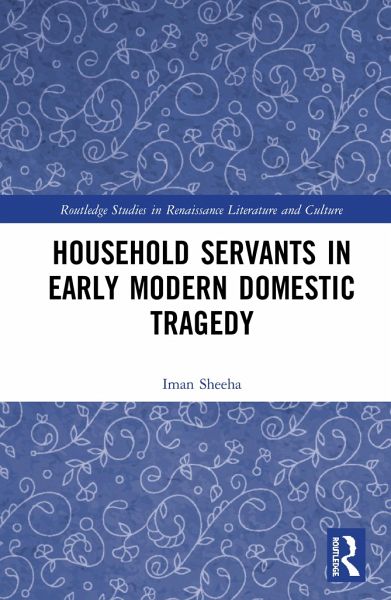
Household Servants in Early Modern Domestic Tragedy
Versandkostenfrei!
Versandfertig in 1-2 Wochen
169,99 €
inkl. MwSt.
Weitere Ausgaben:

PAYBACK Punkte
85 °P sammeln!
This book nuances the picture of domestic servants constructed by both early modern moralists and modern scholarship. It argues that domestic tragedy stages complex and varied service relationships. Focusing on the homes of the middling sorts, it expands our understanding of service beyond elite circles.





